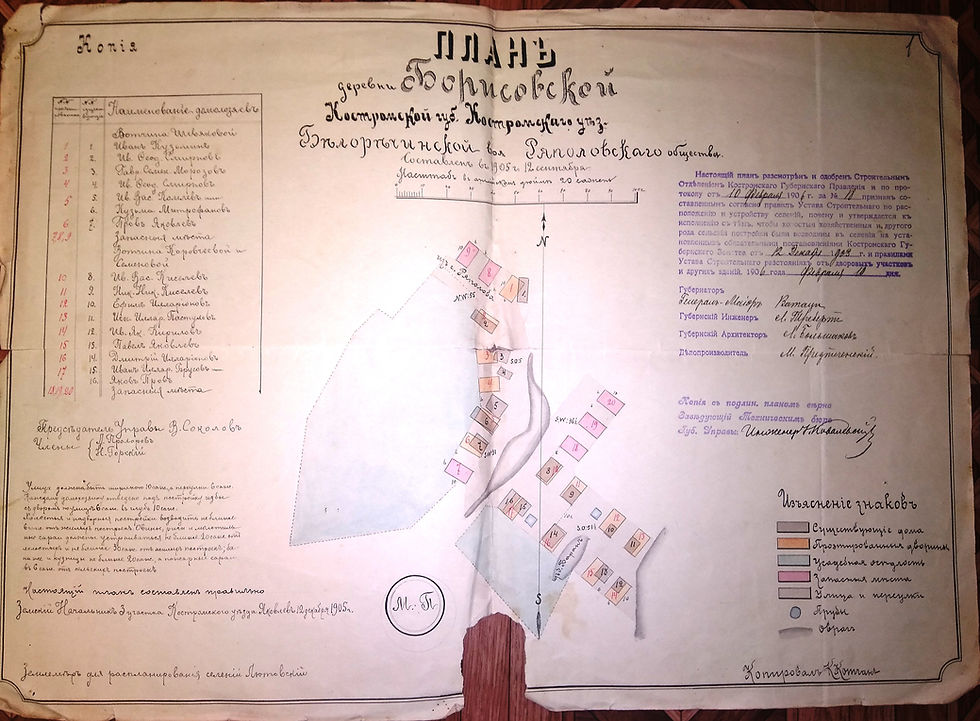To Translate or Not to Translate
- Yelena McCafferty

- Mar 3, 2015
- 2 min read
Updated: Nov 3, 2024
The recent coverage in the national and local media shows an increasing government pressure on public services, especially local councils, to stop translating leaflets and other documents into foreign languages. Communities Secretary Eric Pickles issued a special statement to this effect: “Stop translating documents into foreign languages: only publish documents in English. Translation undermines community cohesion by encouraging segregation.”
Community cohesion in multicultural Britain appears to pose a serious issue. How do you make newcomers to this country integrate? The common obvious answer you hear is “Make them learn English”. It may indeed seem like a very easy solution, but how long does it take to learn English to such a proficiency level that there is no longer any need for interpreters at hospital appointments, court trials, criminal investigations – which is what so many locals keep advocating. Does it take a year, two years, ten years? This is not an easy answer.
Providing language services appears to be a double-edged sword for public organisations. You are damned if you do and damned if you don't. If you do, you get severe criticism of wasting public funds, if you don’t, you still get into trouble as for example, did Leicestershire Partnership NHS Trust or Northamptonshire County Council's social services.
While public service organisations understandably have to be accountable for how they manage their budgets, commercial companies may be facing the same choice: to translate or not to translate internal company guidelines and policies for their foreign language staff? I remember ahead of the setup of the Gangmasters Licensing Authority I translated employment contracts and health and safety documents into Russian for quite a few labour providers. Compliance was key. I also interpreted during disciplinary proceedings involving Russian-speaking workers. With time some employers started using their multilingual staff to tackle the language issue while others even resorted to Google Translate… until in 2013 an injury to a Polish worker highlighted the need for accurate translations of health and safety information. A grower was convicted of breaching health and safety regulations and was fined £5,000 after the firm converted instructions and manuals using Google Translate. Sadly, many other companies fall prey to Google Translate too. Earlier this year the Independent wrote about the organisers of the most prestigious world fair – Expo 2015 – using Google Translate to produce their English-language website.
All of the above shows that regardless of the advances in technology, there is still need for professional language services in both public and commercial sectors. The key for any client is to use these services efficiently, responsibly and comprehensively.

Yelena McCafferty: “Expert knowledge coupled with language support are important cards in winning international business”. Call Yelena on 0207 043 6940 or email enquiry@talkrussian.com to discuss your Russian language requirements.


Comments